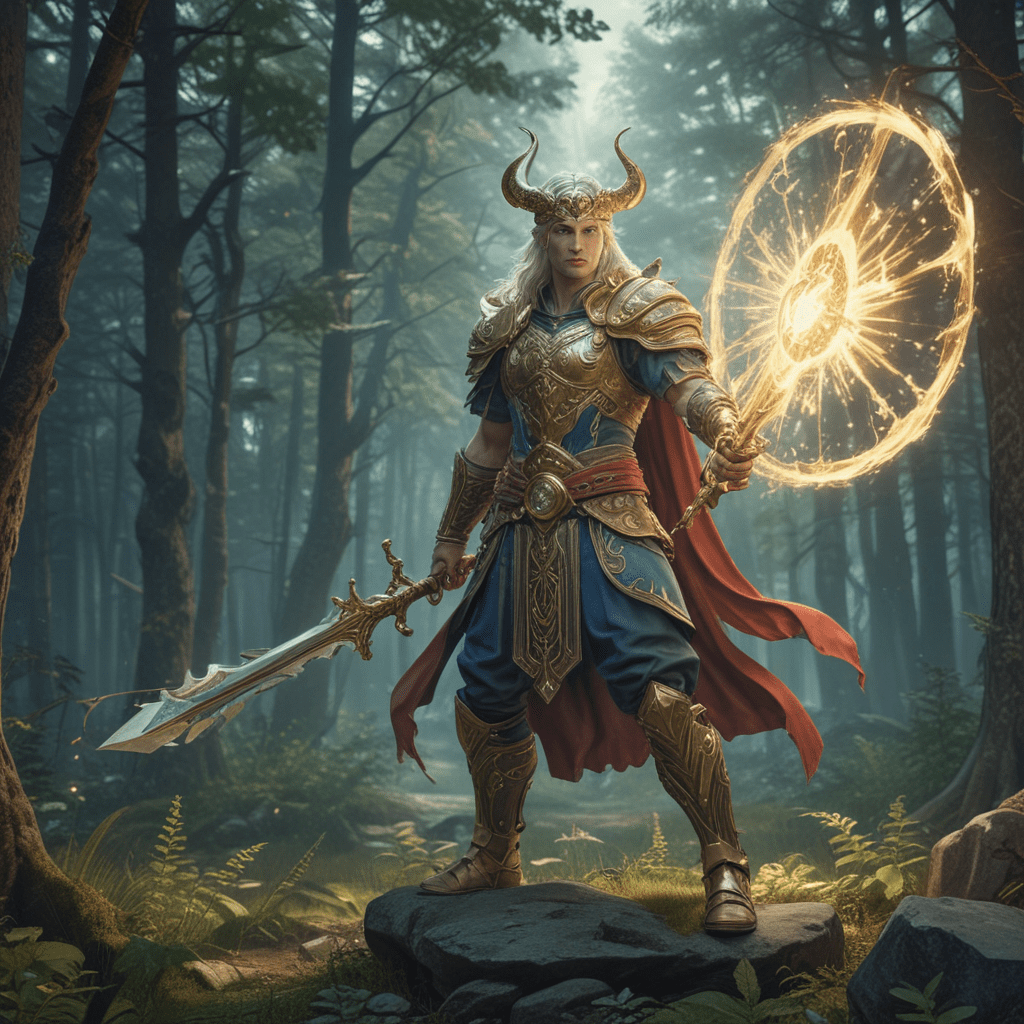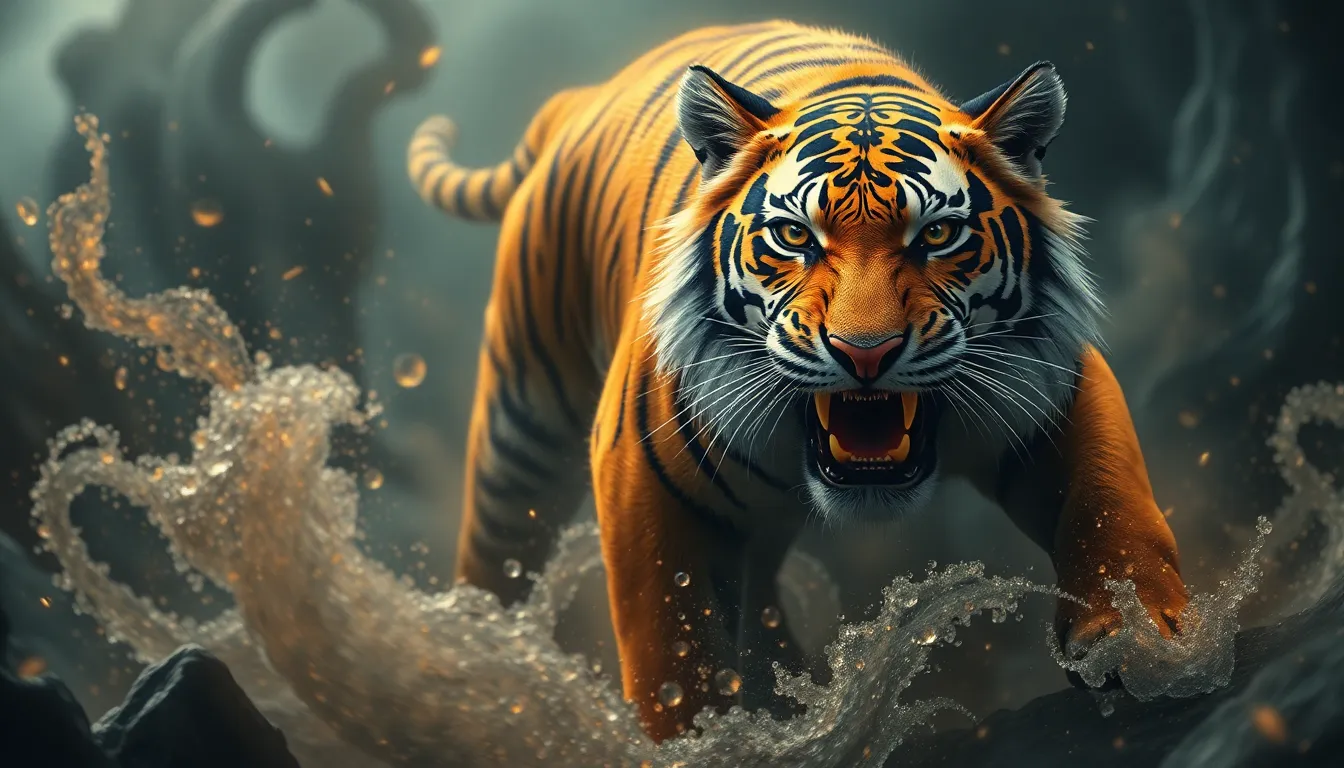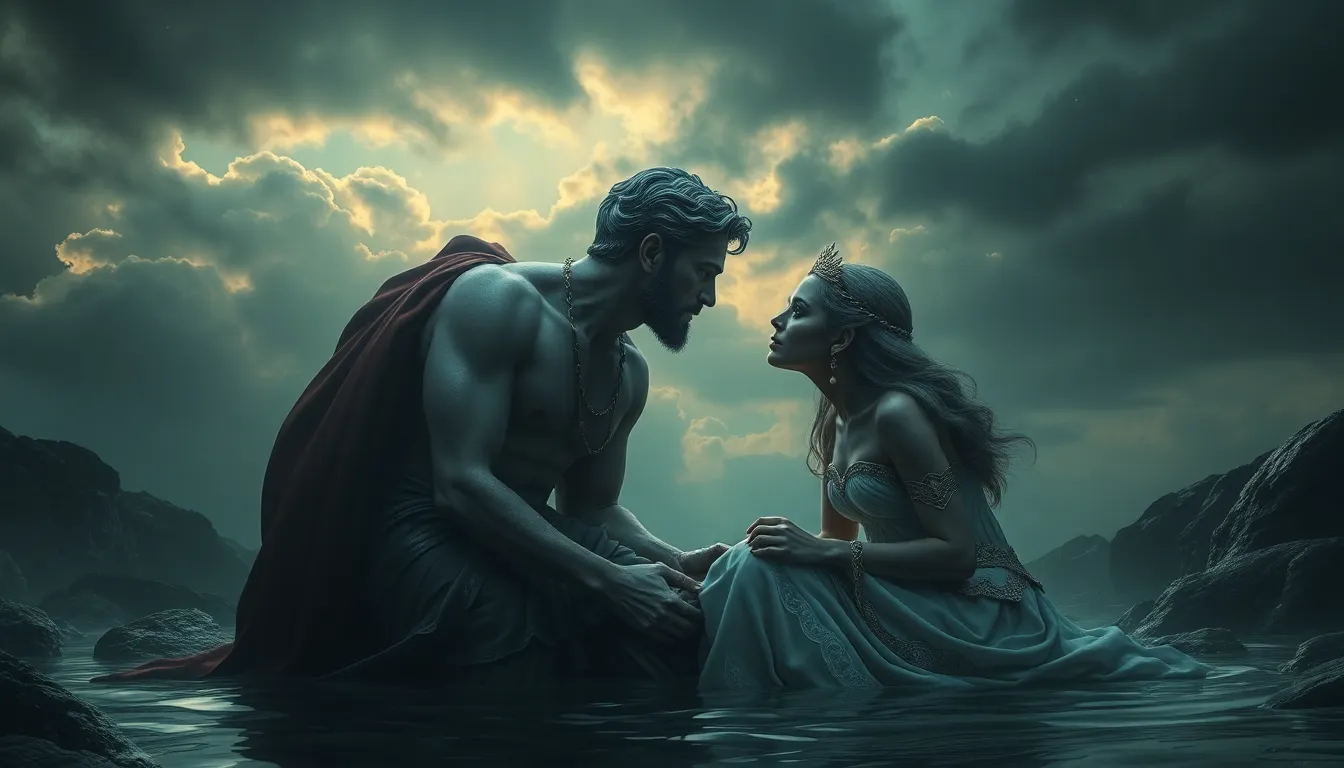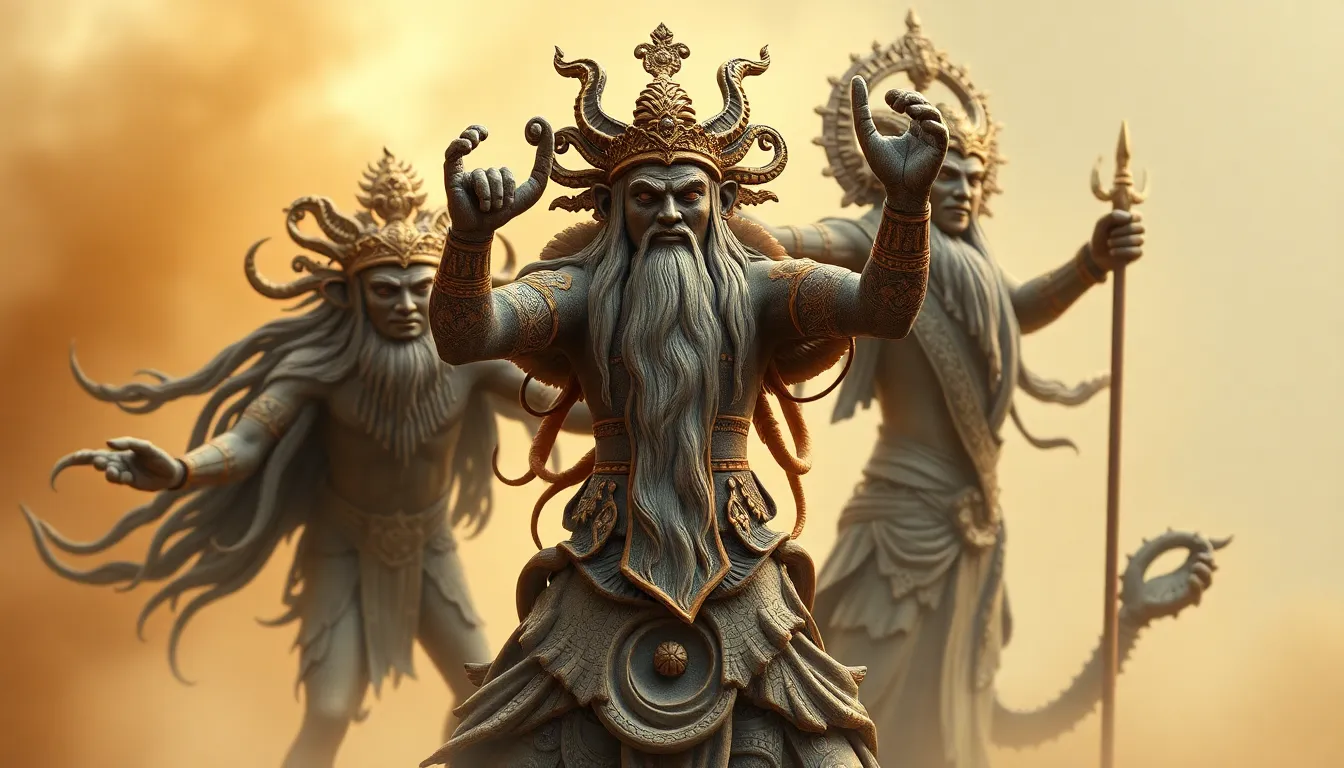Finnish Mythology: Tales of Destiny and Fate
Finnish mythology is a rich and ancient tradition that has been passed down through generations. It is a complex and fascinating body of stories that explores the origins of the world, the nature of humanity, and the role of destiny and fate.
1. Introduction
Finnish mythology is a vibrant and complex tradition that has captured the imagination of people for centuries. The stories are full of gods, heroes, and mythical creatures, and they explore the themes of destiny, fate, and the human condition.
2. The Creation Myth
The Finnish creation myth tells how the world was created from the fragments of an egg laid by a giant bird. The egg hatched into a duck, which laid more eggs. From these eggs, the world was created.
3. The Kalevala
The Kalevala is the national epic of Finland. It is a long poem that tells the story of the creation of the world, the adventures of the hero Väinämöinen, and the war between the Finns and the Lapps.
4. The Epic Heroes
The Kalevala features a number of epic heroes, including Väinämöinen, Ilmarinen, and Lemminkäinen. These heroes are all larger-than-life figures who embody the values of the Finnish people.
5. The Women of Destiny
The Kalevala also features a number of strong and independent women. These women, such as Louhi, Marjatta, and Annikki, play a vital role in the story and help to shape the destiny of the Finnish people.
6. The Supernatural Beings
Finnish mythology is home to a vast array of supernatural beings, each with its own unique powers and role in the world. Among the most important are Jumala, the supreme god; Tuoni, the god of death; and Hiisi, the evil spirit.
7. Fate and Free Will
The role of destiny and fate is a central theme in Finnish mythology. The stories often explore the tension between the forces of fate and the power of individual choice. Magic and rituals play a significant role in shaping fate, but ultimately, the outcome is often determined by the choices made by the characters.
8. The Meaning of Destiny
In Finnish mythology, destiny is often seen as a force beyond human control. It is something that must be accepted, even if it is not always understood. However, the stories also suggest that there is room for personal growth and change within the boundaries of destiny.
9. The Relevance of Fate
Finnish mythology continues to influence Finnish culture and society. The stories provide a framework for understanding the human condition and the role of destiny in our lives. They also offer lessons about the importance of resilience, perseverance, and the search for meaning in the face of adversity.
10. Conclusion
Finnish mythology is a rich and complex tradition that explores the fundamental questions of life and destiny. The stories offer insights into the human condition and the nature of the world. They continue to inspire and captivate people to this day, offering lessons about the importance of embracing fate while also striving for personal growth and fulfillment.
FAQ
Q: What is the most important theme in Finnish mythology?
A: Destiny and fate are central themes in Finnish mythology. The stories explore the tension between the forces of fate and the power of individual choice.
Q: Who are the main gods in Finnish mythology?
A: The main gods in Finnish mythology include Jumala, the supreme god; Tuoni, the god of death; and Hiisi, the evil spirit.
Q: What is the Kalevala?
A: The Kalevala is the national epic of Finland. It is a long poem that tells the story of the creation of the world, the adventures of the hero Väinämöinen, and the war between the Finns and the Lapps.




